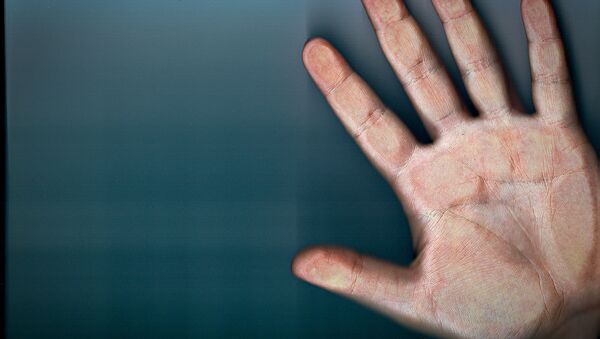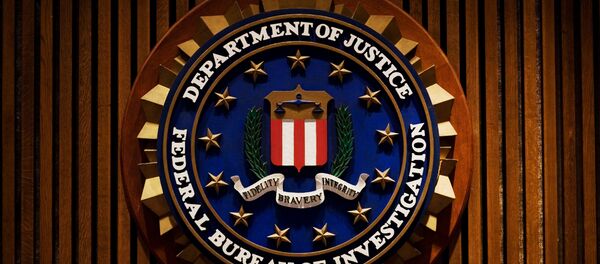The case of the fingerprint comes on the footsteps of the biggest public battle between tech giant Apple and the US Justice System who eventually withdrew its order for Apple to develop software capable of breaking its own security settings to unlock the iPhone belonging to the San Bernardino killer, Syed Farook.
However, this latest case involving the girlfriend of an alleged gangster adds another dimension to the legal debate surrounding personal data held on smartphones and tablets and who should be able to access it.
~Your phone’s biggest vulnerability is your #fingerprint https://t.co/8z07qcK6hS #tech #smartphone #crime #security pic.twitter.com/vzlgHZvXnc
— The Boulevardiers (@Boulevardiering) May 3, 2016
Historical precedent in the US considers fingerprints as physical evidence like blood or hair which suspects can be obliged to provide. However, there is a gray area when a fingerprint isn't a piece of evidence — but a way to unlock data on a suspect's device — in that they may become a form of testimony.
According to the US constitution's Fifth Amendment, suspects cannot be obliged to provide incriminating testimony against themselves.
They can have your fingerprint but your passcode is in your head, and is subject to the Fifth Amendment!https://t.co/4Ls9bcwkLU#Apple #FBI
— Satyajeet (@iamDeveloper) May 2, 2016
The gray area becomes even more blurred because suspects cannot to be forced to remember and supply PIN codes or passwords to unlock devices; but it's not clear whether the same rules relate to forcing someone to provide their own biometric information stored in a fingerprint to specifically unlock a smart device.
Court documents say an FBI agent took the print — and used it to unlock the cell phone later that day.
However, legal experts in the US have confirmed that PIN locked devices are protected under the Fifth Amendment — but fingerprint-locked devices are not.
The US Justice System's use of court orders to force Apple to unlock devices and the revelation the FBI took a fingerprint to unlock a biometric device remains under heavy scrutiny by privacy campaigners and tech companies keen to protect their customer's data. The battle continues.






